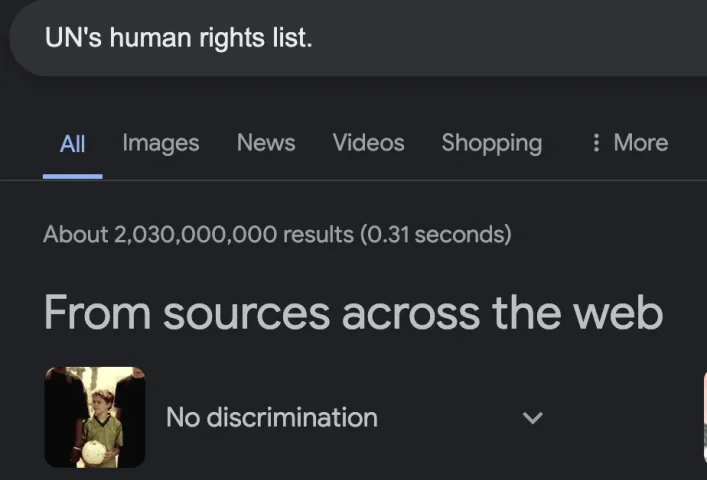There was an article in cointelegraph yesterday about a EU based crypto exchange accepting OFAC sanctioned states citizens - namely Iranian and this being against US law.
Last time I checked EU/UK entities persons followed their respective state sanctions - not US sanctions.
The argument was these citizens were welcome to exchange Tether for local currency thus violation of OFAC sanctions.
The last time I checked - Tether was NOT as a US entity but a HK/BVI entity and abided by the respective sanctions of each state and the sanctions of the Director States.
The argument is that Tether is managed or rather the underlying assets by a US entity thus its a violation of OFAC sanctions - this I believe to be incorrect assumption.
Iran for example can’t legally transact in $ in international markets as all $ route through SDNY, thus fall under the scope of OFAC… except physical $ which isn’t policed because it can’t be.
So it begs the question on whether Tether bucks are similar to physical cash I.e outside of the jurisdiction of the US ability to police appropriately - consider whack a mole…
And just because the underlying is managed or transacted through the US banking system does this mean there’s OFAC violations by the issuer.
I can say with 100% certainty that USDC is used similarly but there’s rarely any interest in reporting that - likewise there’s a continuous feed of UsDT blacklist but not for circle as rule of law has to be followed there via court orders which are slow.
It also needs to be determined the jurisdiction of OFAC and whether non $ direct entities have to follow US law where tether is concerned.
So when it comes to the entity above are they following a law or just being proactive due to fear - much like the tether administration.
I should note in the UK we were able to invest in Venezuela even though the US sanctioned via OFAC - it’s done through GBP and restricted to UK citizens/entities and doesn’t touch US financial rails.
https://cointelegraph.com/news/bingx-exchange-iran-sanctions-evasion




